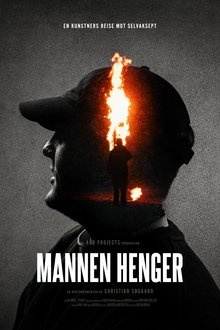An in depth look into the everyday life of a vibrant barber shop in Melbourne, it also serves as a community safe space for men to open up about mental health.
Related Movies
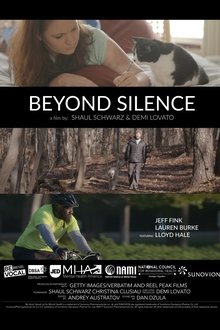
Beyond Silence (2017)
The lives of Jeff, Lauren and Lloyd—three very different people who share one common experience—have been transformed by speaking up for mental health. These inspiring stories depict what mental health in America really looks like and highlights just how important it is to speak up and seek help.

Mindfulness: Be Happy Now (2015)
Mindfulness is the art of simply being present. From Oprah to Phil Jackson to Anderson Cooper, it's an art practiced by some of the world's most successful people. Brought to the west by Zen Buddhist Monk Thich Nhat Hanh, who was once nominated for a Nobel Peace Prize by Dr. Martin Luther King Jr., mindfulness has recently gained mainstream popularity in both the media and in mental health treatment. This film features insights from Deepak Chopra, Thich Nhat Hanh, Sharon Stone, Oliver Stone, Cesar Milan, and many more. Watch it and learn how to embrace mindfulness in your own life!

Garbo: Where Did You Go? (2024)
An urgent, timely and compelling portrait of Hollywood icon Greta Garbo, whose fame, isolation and loneliness still captures us.
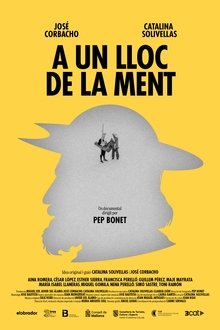
A un lloc de la Ment (2025)
José Corbacho and Catalina Solivellas met thirty years ago sharing stages, dressing rooms, laughter and also some sadness. They they began to be aware of how therapeutic theater can be in difficult times. Years later, and inspired by Don Quixote, they decided to put together a free version of the chivalric novel, together with Mallorcan amateur actors and actresses with a mental health diagnosis. The documentary proposes a journey in which José, Catalina and the wonderful company created for the occasion, share stages, dressing rooms, laughter and also some tears.

Voices from the Shadows (NaN)
‘Voices from the Shadows’ shows the brave and sometimes heartrending stories of five ME patients and their carers, along with input from Dr Nigel Speight, Prof Leonard Jason and Prof Malcolm Hooper. These were filmed and edited between 2009 and 2011, by the brother and mother of an ME patient in the UK. It shows the devastating consequences that occur when patients are disbelieved and the illness is misunderstood. Severe and lasting relapse occurs when patients are given inappropriate psychological or behavioural management: management that ignores the severe amplification of symptoms that can be caused by increased physical or mental activity or exposure to stimuli, and by further infections. A belief in behavioural and psychological causes, particularly when ME becomes very severe and chronic, following mismanagement, is still taught to medical students and healthcare professionals in the UK. As a consequence, situations similar to those shown in the film continue to occur.
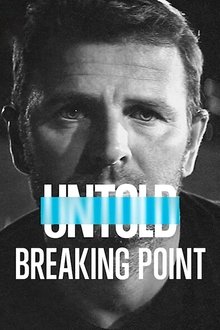
Untold: Breaking Point (2021)
Under pressure to continue a winning tradition in American tennis, Mardy Fish faced mental health challenges that changed his life on and off the court.

Shiny Objects - The Conductor with ADHD (2022)
Recently diagnosed with ADHD, a symphony conductor uses the career shutdown of the 2020 pandemic to dive into her mental health. She looks for ways to face the challenges and honour the gifts of being neurodiverse.
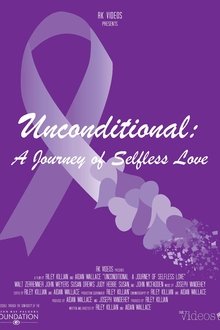
Unconditional: A Journey of Selfless Love (2022)
Unconditional: A Journey of Selfless Love explores the love, care, and sacrifices family caregivers give to their loved ones and the many loving choices they have to make. Learn what it means to be committed and loyal to someone no matter the circumstances as highlighted through four caregivers and their journeys.

Space: The Longest Goodbye (2024)
Social isolation affects millions of people, even Mars-bound astronauts. A savvy NASA psychologist is tasked with protecting these daring explorers.

Brains in Danger (2017)
For the past 20 years, the world has seen an alarming decrease in IQ and a rise of autism and behavioral disorders. This international scientific investigation reveals how chemicals in objects surrounding us affect our brain, and especially those of fetuses.

Emma Wants to Live (2016)
This is a Dutch documentary about the last weeks of life in a Portuguese clinic for Emma Caris, a 18 year old girl who had been suffering anorexia nervosa since she was 16 years old.

Metamorphosis 2024 (2024)
METAMORPHOSIS brought to you by Tanuj Samaddar FRSA in collaboration with the London School of Hygiene and Tropical Medicine, Art of Health Zim and Ardent Creative addressing issues on mental health faced by the youths today. The video series is a series focusing on mental health issues faced by the youths in general. The series will include individual episodes on a separate subtopic on mental health issue released on a monthly basis. The production has been done in collaboration with the Art of Health Zimbabwe by Tanuj Samaddar FRSA.

Suicide (2001)
A look at the growing epidemic of suicide in the America. It looks at those effected by suicide and talks to people who have attempted suicide. It also talks to service professionals (EMT crews, workers at suicide hot-lines, and psychologists) who are attempting to confront this problem.
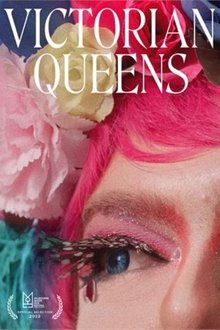
Victorian Queens (2022)
Victorian Queens takes a deep dive into the weird, wonderful and utterly unique landscape of Melbourne's drag community.
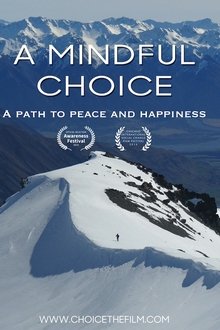
A Mindful Choice (2016)
Inner peace and self-fulfillment are possible for each of us. Two modern day monks set off on an international journey to film a diverse range of people making the choice for a better life through meditation. Stunning cinematography combined with the power of people sharing from a place of profound peace delivers a palpable and moving experience. Available to rent or buy in 11 languages - English, Spanish, Portugese, Norwegian, Mandarin, French, German, Finnish, Italian, Dutch, and Swedish. https://vimeo.com
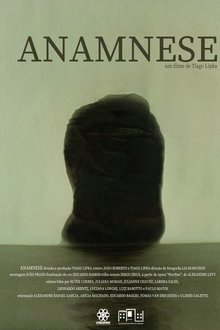
Anamnesis (2021)
An audiovisual representation of the degenerative dementia process based on real reports from people affected with this condition.
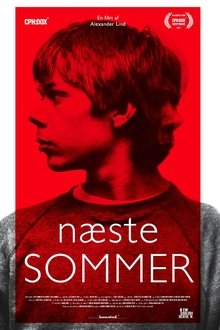
Next Summer (2017)
When Rasmus was 15, his mother and siblings moved from the island Bornholm and left Rasmus with his mentally ill father. Influenced by his father's insecurity, anger and failure, Rasmus chooses to move from Bornholm at the age of 18. Two years later, Rasmus is trying to see if a reunion is possible, but in order to forgive and create a new relationship, father and son must go on a common journey that requires extreme courage and determination to succeed.

Exergo (2024)
Departing from peripheral details of some paintings of the Bilbao Fine Arts Museum, a female narrator unravels several stories related to the economic, social and psychological conditions of past and current artists.
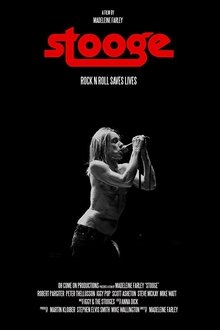
Stooge (2017)
Stooge is a feature documentary about Robert Pargiter, Iggy Pop's No1 fan. It covers the three years leading up to his 50th birthday when he tries to track his hero down in a final absolution. His journey has taken him all over the world in search of redemption after years of struggling with addiction, of coping with depression, and of celebrating the communal lust that is Rock'n Roll.
